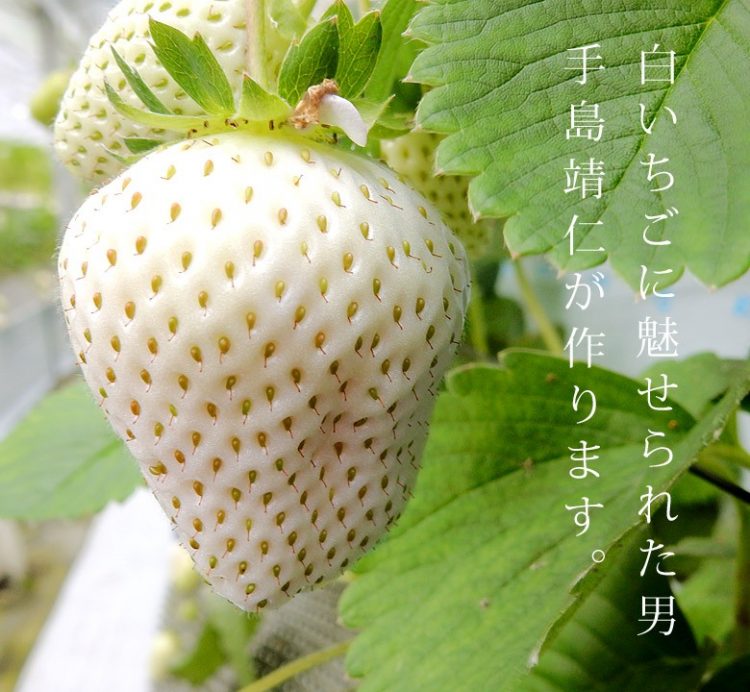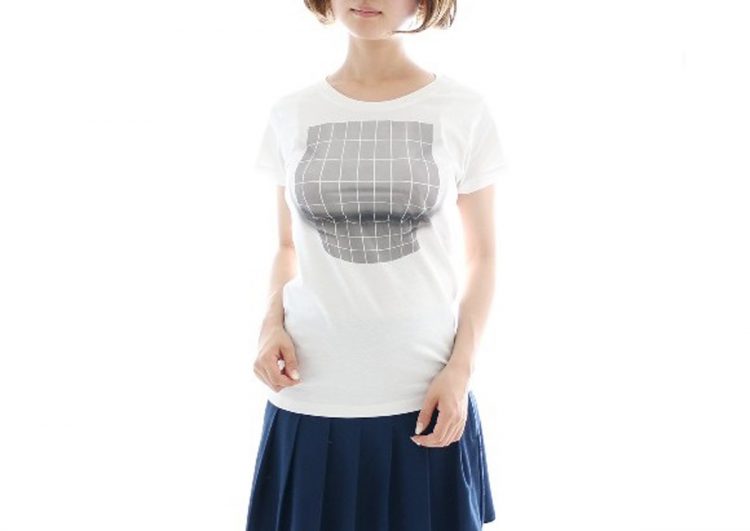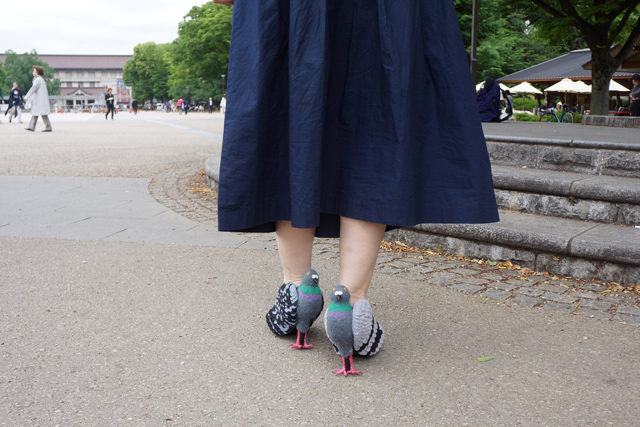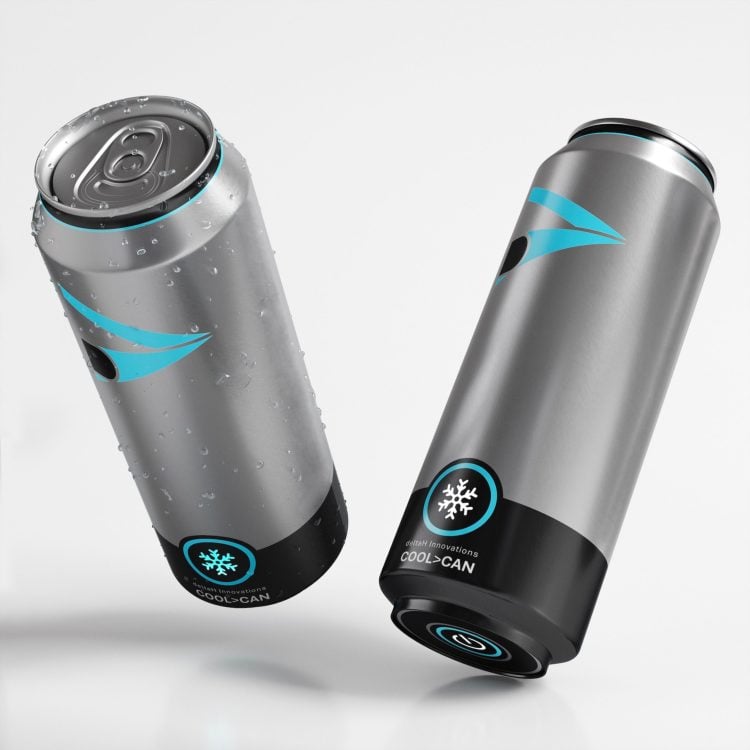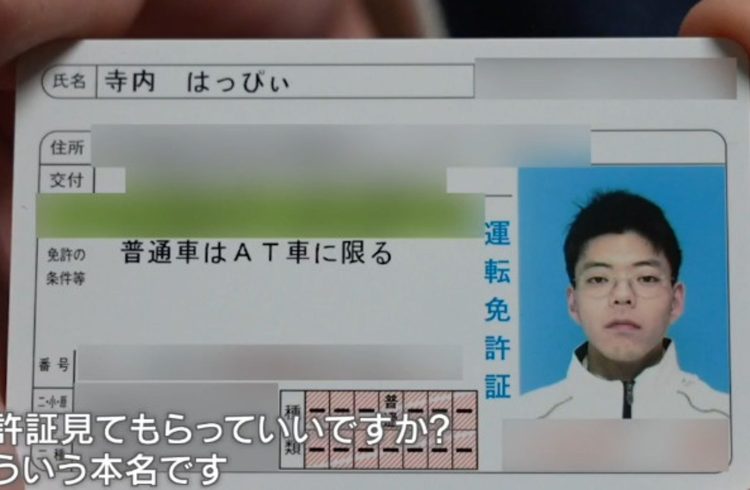Most people have never even seen, let alone tasted, white strawberries, but they’ve been a staple of the Japanese luxury fruit market for years. The Asian country actually has several varieties of white strawberries, among which the White Jewel, or Shiroi Houseki stands out as the rarest and most expensive.
White Jewel strawberries were created four years ago, by Yasuhito Teshima, and his farm in Japan’s Saga Prefecture remains the only one in the world that produces this unique fruit. Teshima-san claims he spent years cross-breeding different types of strawberries and perfecting his growing technique in order to come up with a large strawberry that was white both on the inside and the outside.

